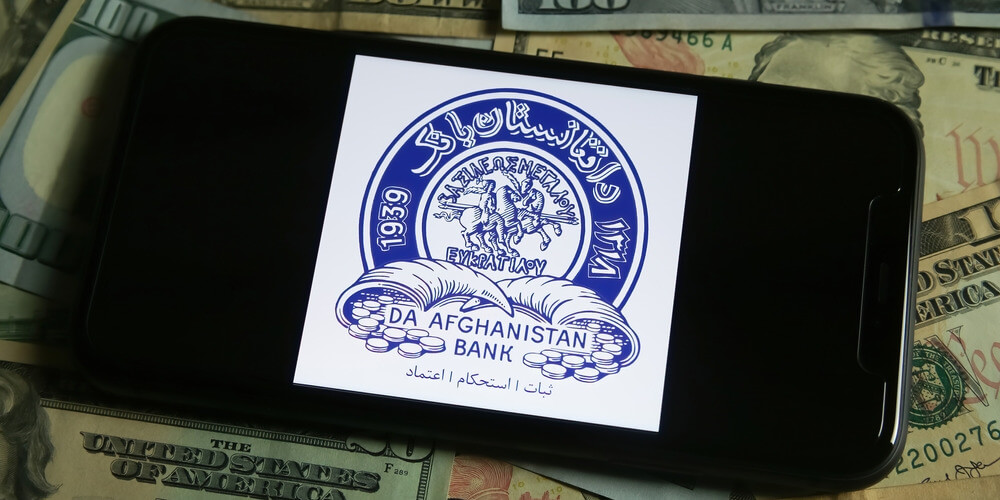Newswrap: Islamic finance
A summary of the latest Islamic finance news from around the world.
Taliban to replace conventional banking system with Islamic banking
The Central Bank of Afghanistan has established a committee to review and amend the Central Bank Law and the Banking Law of Afghanistan, reported The Jurist. The seven-member committee is to amend the legal framework of the central bank with a Sharia-compliant framework and end the conventional banking sector. It is not clear when this transition may happen.
The country’s conventional banks have Islamic banking windows while the first Islamic bank, the Islamic Bank of Afghanistan, was licenced in 2018. The Taliban took power in August 2021 following the US and NATO’s withdrawal. The US has frozen some $7 billion of the central bank’s assets.
OIC and IDB create Humanitarian Trust Fund for Afghanistan
The Organisation of Islamic Cooperation (OIC) and Islamic Development Bank (IDB) signed a charter to establish the Humanitarian Trust Fund for Afghanistan, reported Pakistan Today. The IDB will channel humanitarian assistance to the country, including in partnership with other international actors, the daily reported. Some 22.8 million Afghans face acute food insecurity, according to the World Food Programme.
Malaysia’s Communications and Multimedia Ministry calls for crypto currencies to be legal tender
The deputy minister of the Communications and Multimedia Ministry has called for crypto currencies to be legal. “We hope the government can allow this. We are trying to see how we can legalize this so that we can develop youth participation in crypto and assist them," said Zahidi Zainul Abidin in response to questions in parliament about the country’s stance on non-fungible tokens (NFTs), Bloomberg reported.
Bank Negara, the country’s central bank, is planning to introduce a central bank digital currency (CBDC), reported Protocol, being part of Project Dunbar to test CBDCs along with other countries. However, Malaysia’s finance minister, Tengku Datuk Seri Zafrul Tengku Abdul Aziz, said in early March that crypto currencies are not a "good store of value and a medium of exchange" because of its volatility.
Qatar may adopt central bank digital currency (CBDC)
Qatar’s central bank (QCB) announced it is to digitise its products, issue digital bank licences, and may introduce a central bank digital currency (CBDC), reported the International Business Times.
“In the next couple of months, there will be greater understanding about the future focus of the QCB. Each central bank should study digital banks, considering their growing significance in the global market. We also see the direction of the market moving towards having a digital currency. However, it’s still being studied whether we’re having a digital currency or not," said Alanood Abdullah Al-Muftah, the head of the finTech section at the QCB to The Peninsula.
According to the IB Times, an International Monetary Fund (IMF) study shows that 76% of Arab central banks are interested in adopting digital currencies.
Egyptian banks launch $85 million Middle East and Africa fintech fund
Egypt's largest national banks - Banque Misr, National Bank of Egypt, and Banque du Caire – and Global Ventures, a leading MEA-focused venture capital firm - announced the launch of Nclude by Global Ventures, following approval by the Central Bank of Egypt, reported Wamda. Other investors include eFinance Investment Group and the Egyptian Banks Company.
Nclude is to target investments in fintech startups operating in the Middle East and Africa region. Already deployed investments include Khazna, a financial Super App that offers convenient, technology-driven financial solutions to underserved consumers; Lucky, Egypt’s leading consumer fintech app, offering installments, offers, cashback rewards and credit; Paymob, a leading digital payment service provider; and Mozare3, meaning farmer in Arabic, an Agri-fintech platform that provides smallholder farmers with direct access to inputs financing, markets, and hands-on technical support.
Abu Dhabi Islamic Bank approves dividend, elects new board of directors
Abu Dhabi Islamic Bank (ADIB) shareholders approved a cash dividend of UAE fils 31.1155 per share, representing 48.5% of the bank’s net profit for 2021, reported Gulf Business. ADIB reported 45% growth in net profit to Dhs 2.3 billion during the fiscal year 2021, while revenues grew by 4%. ADIB’s balance sheet grew by 7% to Dhs 137 billion, the value of deposits increased by 8% to Dhs 110 billion, and return on shareholders’ equity increased to 14.3%. ADIB shareholders also elected a new board of directors for a three-year term.
